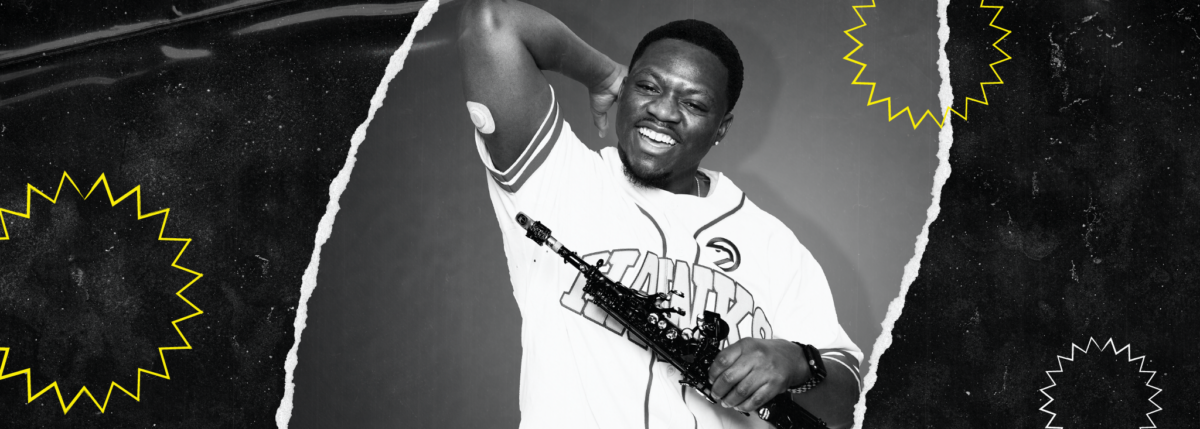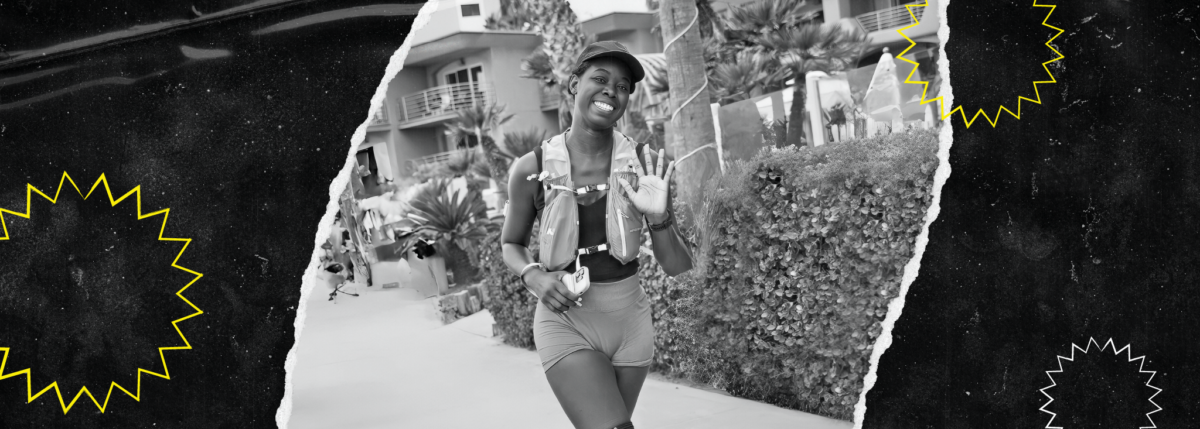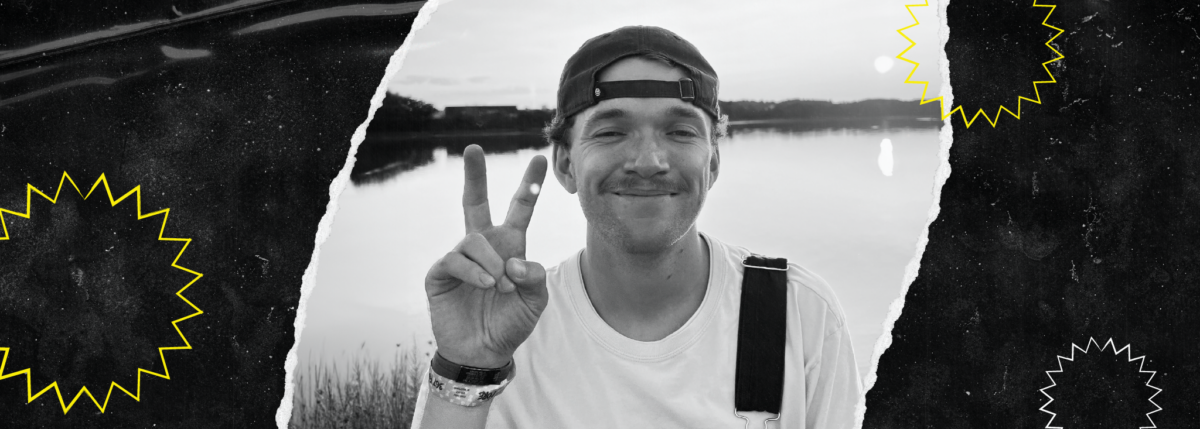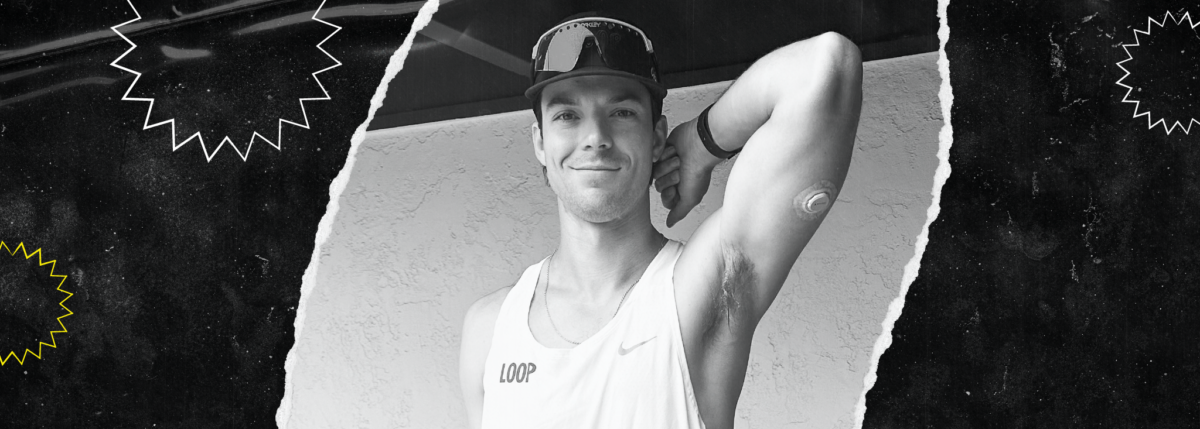I Didn’t Know Glucagon was an Option
Written by: Jenita Stubblefield
2 minute read
October 4, 2019
Jenita Stubblefield has been living with Type 2 diabetes since 1995. She recalls her episodes and just recently learned that Glucagon is an option to treat hypoglycemia. Read her story here.
Jenita Stubblefield has been living with type 2 diabetes since 1995. She recalls her episodes and just recently learned that Glucagon is an option to treat hypoglycemia. Read her story below. She was also featured in our social media campaign, #BeyondPowerful.
Hypoglycemia Impacted my Memory
I was diagnosed with type 2 in 1995, at age 25. At the time, my reaction to it was fearful because I have seen this disease impact half of my family and I was worried about how it would impact me. Though I know managing type 2 diabetes is mainly about preventing high blood sugar, I know low blood sugar is a possibility, as well. Fortunately, my doctor talked to me about hypoglycemia, but he provided me little information on how to treat it.
A couple of months later, I started experiencing my first bouts with hypoglycemia. Recalling the times my blood sugar was dropping low, for a long time, I would often experience dizzy spells—almost like blackouts. Though I can’t recall definitively how low my blood sugar would drop during those episodes, these episodes were severe enough to affect my memory. It became difficult to remember what happened before or after the hypoglycemia episodes, including the causes.
I Didn’t Know Glucagon was an Option
Unfortunately, there was no one there to help and it was months before doctors could figure out what was happening. Even now, they aren’t sure what caused my previous episodes. That bothers me because, at any moment, it could happen again. However, since then, it has made me check my blood glucose levels now more than ever.
I didn’t know Glucagon, the injectable and nasal powder used in emergency situations, was an option. I’d never heard of it and my doctor never mentioned a specific medication used to treat severe hypoglycemia. Nowadays, I keep glucose tablets with me. When I’m feeling hypoglycemic, I take them for a quick boost. I keep some at work, in my car and in my diabetes case so I’m never anywhere without them. If my blood glucose levels begin to fall below 4.4 mmol/L80 mg/dL, I begin to keep an eye on it just in case I need to treat myself. I start paying attention to how my body is feeling and take notice of any symptoms. Most importantly, I remain aware of the symptoms, remain prepared with my tablets and constantly monitor my blood sugar.
Recognizing Signs of Hypoglycemia in Others with Type 2 Diabetes
In other people with diabetes, I’m sometimes able to recognize hypoglycemia. Their speech is often slurred, which is usually followed by a dizzy spell—those are the most notable symptoms of hypoglycemia. Hypoglycemia is a serious issue among people with type 2 diabetes. It’s a condition that should be taken very seriously and it can go unnoticed for long periods of time.
In my opinion, because type 2 diabetes is often labeled as the “not-so-bad” diabetes, everything that is associated with it gets overlooked. That’s a big problem in the diabetes community—that one type of diabetes is less severe than the other. That’s just not true.
In the meantime, I think the steps people with type 2 should take is to find a really good doctor. A doctor that specializes in diabetes, such as an endocrinologist. I would also make sure I have a really good support system and take some diabetic health management classes.

Author
Jenita Stubblefield
I battle this disease, that no one sees, every day. At the age of 25, my whole life changed. Now every day is unpredictable.
Related Resources

Antoine Gibson is no stranger to overcoming challenges. As a saxophonist and marathon runner living...
Read more

Danica Collins not only prepared for one of the most challenging physical events of her...
Read more

Beyond Type 1 is spotlighting inspiring athletes with type 1 diabetes as they prepare for...
Read more

